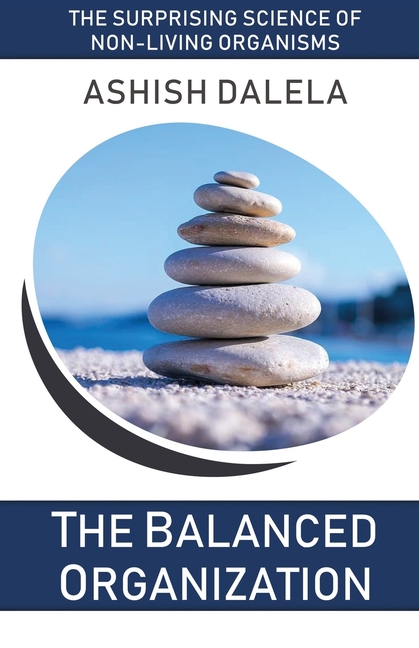
The Balanced Organization: The Surprising Science of Non-Living Organisms
PRINT ON DEMAND— Shipping will be delayed 1-6 weeks for printing
(Depends on publisher)
(Depends on publisher)
In the modernist picture, an organization is a complex arrangement of matter (people and things). But this book argues that organizations begin in a purpose, which expands into a structure, to then be populated by objects. The co-existence of structure, purpose, and matter creates conflicts between the three and conflict resolution drives all change in an organization.
| Quantity | Price | Discount |
|---|---|---|
| List Price | $11.60 |
Non-returnable discount pricing
$11.60
Book Information
| Publisher: | Shabda Press |
|---|---|
| Publish Date: | 01/25/2020 |
| Pages: | 236 |
| ISBN-13: | 9789385384189 |
| ISBN-10: | 938538418X |
| Language: | English |
Full Description
In the modernist picture, an organization is a complex arrangement of matter (people and things). But this book argues that organizations begin in a purpose, which expands into a structure, to then be populated by objects. The co-existence of structure, purpose, and matter creates conflicts between the three and conflict resolution drives all change in an organization. The book describes five mechanisms for conflict-driven change. Conflicts cannot be avoided, but the opposing sides in the conflict can be balanced to create stability, longevity, and efficiency. The pursuit of this balance is the central theme for this book. Conflict-driven change contrasts to the model of change in modern science, and the book discusses its applications to other areas of science.The book discusses a minimal complete organizational structure comprised of four functions and seven levels of hierarchy. It differentiates between the roles of different levels in a hierarchy, and describes leadership as the act of balancing conflicting functions. The book ends with a discussion of how this model of organizations can be applied to other organized systems-from the very small to the very large, thus forming a general theory of studying any system, not just human organizations.


